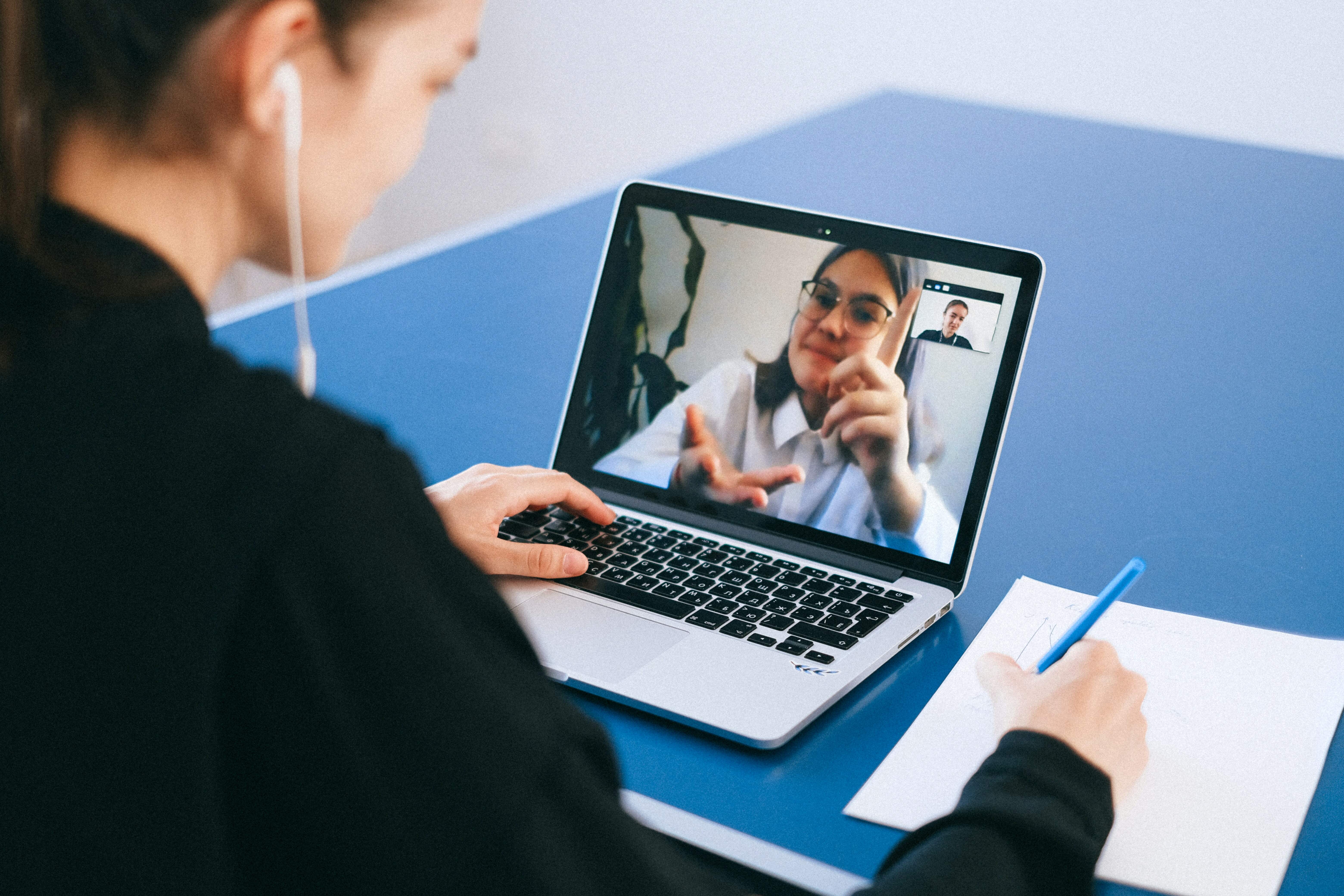The Need For Professional Development And Expertise Enhancement Encourages Entrepreneurial People To Organise Specialised Group Meetings
2021
Jan 28
Jan 28

Can you image employees from competing companies meeting together, sharing a pizza, and discussing the best professional practices? With this idea in mind, meetups are being organised for the purpose of knowledge sharing and professional development in a given area. What seemed to be highly unlikely a few years ago has now become interesting for as many as 50 million people representing registered users of the community meeting platform, known as Meetup.
The emergence of such meetups has raised many eyebrows among the heads of corporate human resources who were afraid of this trend potentially becoming a pretext for headhunting their best talents by their competitors. It seemed impossible that entire businesses would open up to each other to share their best practices and to enrich their body of knowledge which you cannot always find in textbooks. The growing popularity of such events has demonstrated that this is how a completely new corporate culture of entire industries is currently being built, while the knowledge gained is transferred and used to achieve better corporate results.
Meetups always follow a similar pattern – communities organise get-togethers for their members on a selected relevant topic. At the beginning of a meetup, experts, professionals, and mentors of the relevant field are invited to share their insights; in the discussion that follows all participants of the meetup are welcome to join.
Rokas Bilevičius and Žilvinas Urbonas – software engineers of Cast AI startup which is developing a multi-cloud platform – are frequent participants of meetups intended for IT professional communities. Both software engineers argue that the professional expertise and the body of knowledge they have acquired encourage them to share their ideas, which is why they were happy to join Meetup and become speakers in these gatherings.
“During the January 20th Golang Vilnius virtual presentation, I shared the Cast AI success story: how we started to build a multi-cloud platform from scratch, what was the software, methods, and tools used in the process, what types of solutions proved to be worthy and what mistakes we have made. I was pleasantly surprised by the huge interest among the participants and the abundance of questions we got after our presentation. The meeting took longer than expected, but we responded to all questions. And there have been many of them – from highly specific, asking to clarify on a number of points touched upon during our presentation, to very broad ones, such as why do we like the Golang programming language. We were happy to get one question even from the United States, the state of California. Greater involvement of the participants was, perhaps, one of the major differences between virtual and live meetings. It may well be that it is less stressful to ask a question if you can hide behind your keyboard. In live meetings, all these questions would usually move into an unofficial part, where you can talk to your colleagues face to face while networking. This is the part of live events I missed the most”, said Rokas.
Rokas’ colleague Žilvinas is to share his experience during January 28th meetup organised by the Cloud Native Lithuania community. He is going to tell about the open-code software Kubernetes used by Google. Žilvinas argues that preparation for such virtual presentations is a challenge even for professionals, who seem to be highly knowledgeable about the topic they are going to cover.
“There is so much information I would like to share which can hardly fit into a 45-minute presentation. People come to such meetups with various experiences, so the greatest challenge for me is to summarise what I want to say to make my talk interesting and relevant for a broader audience”, said Žilvinas.
Head of HR at Cast AI Austėja Žymantaitė claims that active involvement of staff in community activities has a lot of positive impact on the organisation itself – staff act as ambassadors of their companies and contribute to building a positive corporate image.
“Within our company, we always encourage our employees to participate in various seminars, workshops, or professional development courses. In addition, we focus a lot on the very process of professional development by earmarking specific amount of funds for each member of our staff who can spend them at their own discretion by investing into their own preferred studies”, said Austėja.
Thanks, Cast AI for sharing your example!
